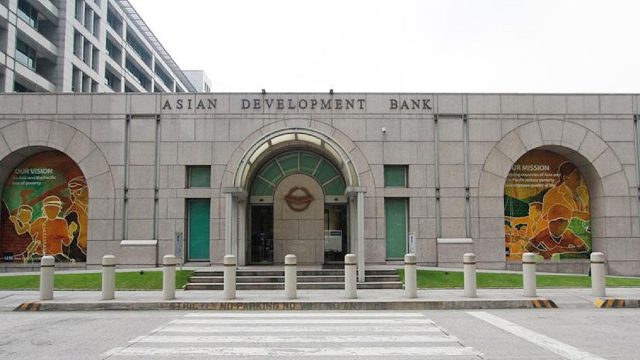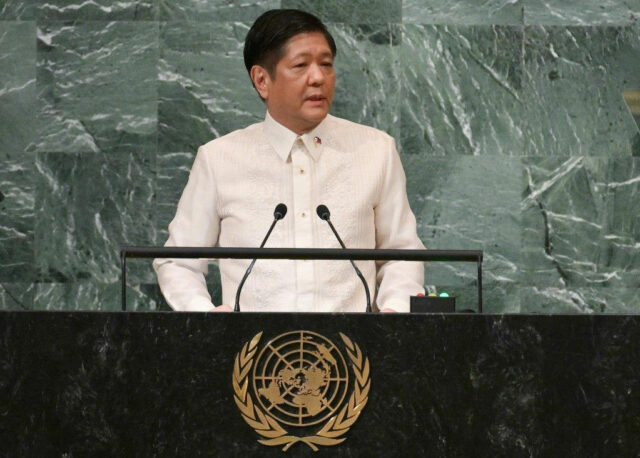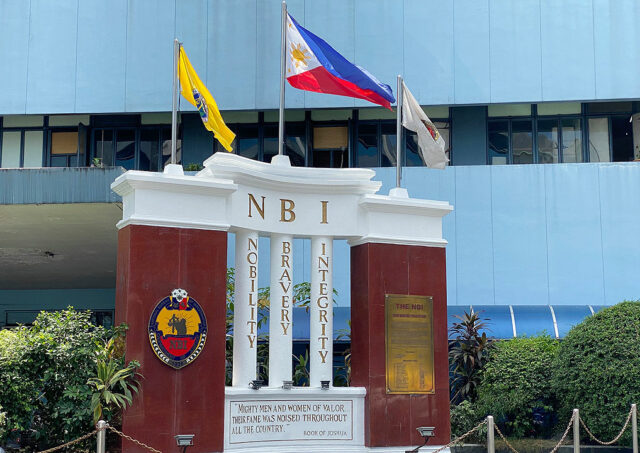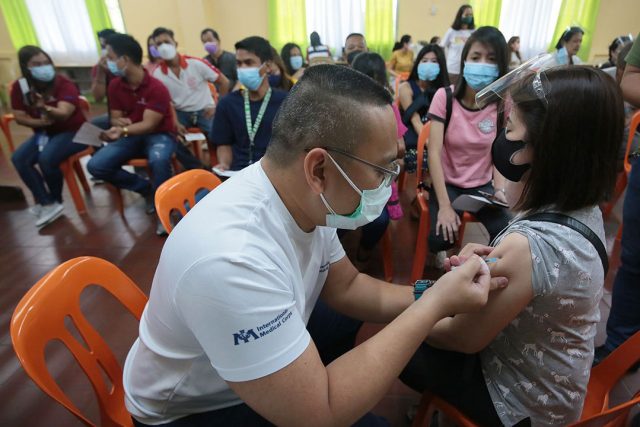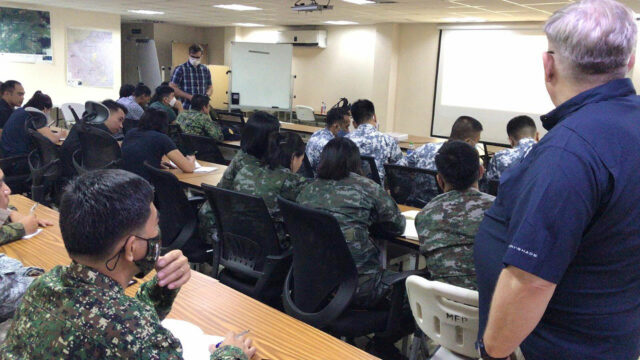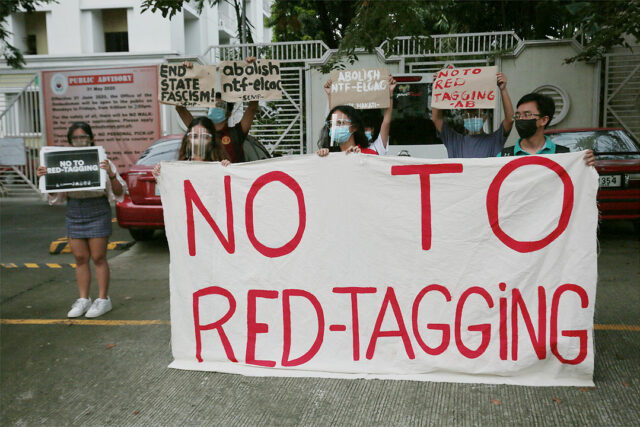ADB cites risk of capital flight in developing world after Fed hikes
CAPITAL FLIGHT is one of the risks developing Asia must confront as interest rates rise and economic outlooks turn cloudy, the President of the Asian Development Bank (ADB) said to open the bank’s 55th annual meeting on Monday.
“I am afraid the risk will continue for abrupt capital outflow and/or strong currency depreciation due to the very aggressive monetary policy tightening, especially by the Federal Reserve,” Masatsugu Asakawa said.
“A number of central banks in this region have already started to raise policy interest rates to quell inflation pressure, which would add additional constraints on economic growth prospects of this region,” he added. “(An) indirect impact includes the deterioration of market sentiment which would depress consumers’, producers’, and investors’ confidence.”
Philippine economists downplayed the specific risk to the country, noting that the Philippines remains an attractive investment destination due to strong fundamentals and a well-regarded central bank.
Market volatility is a global phenomenon, Rizal Commercial Banking Corp. Chief Economist Michael L. Ricafort said.
“Price declines in the global stock market and bond markets are affecting most countries around the world,” he added in a Viber message. “The US dollar has become the safe haven of these global stock market and bond market sell-offs, as the US currency also became more attractive with higher interest rates (or) bond yield income especially compared to other developed countries.”
Asian Institute of Management Economist John Paolo R. Rivera said investing in the Philippines remains a matter of risk appetite.
“Because dollars have greater purchasing power than pesos… those who have the appetite to take on risk in the Philippines may still choose to invest,” he said in a Viber message.
“It’s a matter of preference and perception of the investment climate,” he added, noting however that foreign investors do tend to be biased towards countries that offer lower borrowing costs.
Both economists said the Philippines remains an attractive investment destination.
“Economic and credit fundamentals, as well as the demographics of more than 110 million, with a relatively young average age of 25, are still compelling for foreign investors as a source of business growth,” Mr. Ricafort said.
Mr. Ricafort also views the steadiness of the sovereign credit ratings at investment-grade level as a positive sign.
“With stable credit ratings and a high central bank visibility in policymaking, I think (it still makes sense) to invest in the Philippines,” Mr. Rivera added.
The BSP increased its benchmark interest rates by 50 basis points (bps) to 4.25% on Thursday, bringing the total increase in rates since May to 225 bps.
The Fed raised policy rates by another 75 bps last week while signaling larger increases to counter inflation. It has raised key rates by 300 bps since March, including two other 75-bp moves in June and July.
The peso has weakened by 14.71% this year after closing 2021 at P51 against the dollar. It closed at an all-time low of P58.50 on Friday.
“I believe this is just a phase… What’s going on is expected especially when you open the economy after years of lockdown. Everything will settle down soon. It’s called a business cycle,” Mr. Rivera said.
“I think we should really enhance our regional financial cooperation,” Mr. Asakawa said. “It is always better to be vigilant against… capital movement and try to enhance our financial cooperation in the region, including that of ASEAN + 3 (Association of Southeast Asian Nations + 3).”
On Friday, National Economic and Development Authority Undersecretary Rosemarie G. Edillon said market fundamentals will ultimately prevail.
“In a very short term, when you have all these monetary policy changes, it’s actually the flighty capital that moves and that determines your short-term currency exchange rates. But over the medium-term, it would still be a matter of fundamentals,” she said at a briefing.
“So, the most robust strategy is to strengthen our domestic economy… We just hope that that transition will be very quick, and that pretty soon they would realize ‘we should be looking at fundamentals,’ and we will be ready for that.”
At the ADB meeting, Mr. Asakawa said tax policy can also be harnessed to meet Sustainable Development Goals (SDG), particularly in relation to environmental protection and climate change.
“Tax policy is good policy, not only to increase tax revenue in general but to achieve each of the development agendas laid out by the SDGs,” he said. “It might be a feasible policy option to rely on carbon tax, environmental tax to address the climate change issue.”
While countries like the Philippines are the ADB’s partners in initiatives such as the Energy Transition Mechanism (ETM) project, Mr. Asakawa said that countries cannot just rely on loans and grants for their climate response.
The Department of Finance has floated a possible carbon tax as a means of raising more revenue for climate pursuits, which a legislator dismissed as having a low probability of succeeding in Congress.
“That would be difficult to pass. Congress will not pass that,” Albay Rep. Jose Ma. Clemente S. Salceda said at the Disaster and Climate Emergency Policy Forum on Thursday.
“If I tax carbon now, I’m taxing 55% of the sources of energy… and that (violates) the right to affordable energy,” he said. “In simple language, we have a right to coal… Developing countries like us should not be deprived of affordable electricity.”
Mr. Salceda said he prefers a shift to renewable energy to bring down energy prices.
Mr. Asakawa said that such transition is already being piloted in the Philippines and other Asian countries through the ETM, which is a blended financing scheme awarded via concessional grants.
“By utilizing the low-cost financing, any expected return from each coal-fired power plant could be achieved over a shorter time horizon. That is how ETM could let those existing coal-fired power plants retire early,” Mr. Asakawa said.
“ETM would unlock investment in renewable energy, clean energy so that they can promote the smooth transition from coal to renewable energy in each country.” — Diego Gabriel C. Robles

